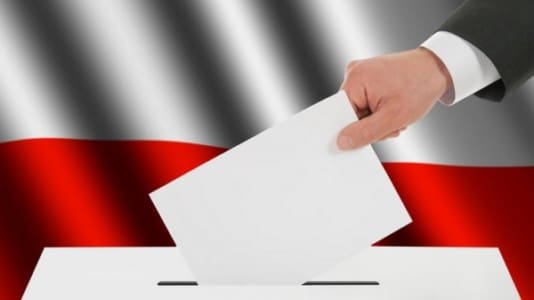A German TV star has been canceled as a promoter of the meal kit provider Hello Fresh because of her new partner’s alleged support of the conservative Alternative for Germany (AfD) party, which currently sits second in the national polls.
Iris Klein had a partnership agreement revoked by the Berlin-based company late last week after it emerged her new partner had reportedly been sympathetic to the conservative cause and expressed political views that the food company claims are not aligned with its values.
Klein’s partner had no professional relationship with Hello Fresh himself, and the 56-year-old TV star appears to have been canceled simply due to her partner’s political views.
“We clearly distance ourselves from racist and right-wing ideas,” Hello Fresh posted on Instagram over the weekend. “We currently have no further cooperation plans for the current case and are taking this as an opportunity to review our process for selecting influencer partners,” it added.
German news outlet Junge Freiheit reported that Klein’s partner is understood to have publicly expressed his political views under a pseudonym during which he criticized Germany’s support for Ukraine and insulted Ricarda Lang, the co-leader of the German Green party.
In her response to the drama, Klein uploaded a video to social media in which she called the claims against her partner “unfounded,” insisting that neither she nor her partner “have anything to do with a right-wing movement or party.”
“No, I’m not an AfD supporter, but I would never denounce anyone because of their political opinions,” she told viewers.
“I’ve been living in Spain for four and a half years, and I’m no longer interested in German politics. The last time I voted in Germany, I voted for the CDU and Angela Merkel because I liked them. But I clearly distance myself from the AfD! As for my new partner, I can’t help what he posted before we met,” Klein added.
The AfD has been garnering considerable support over the past year as Germans disillusioned with the federal government and mainstream parties flock to the fringe of the political landscape to find representation.
Sensing a political earthquake, the party has been publicly condemned by several high-profile German politicians including Chancellor Olaf Scholz and German President Frank-Walter Steinmeier.
In the latest polling conducted for the next parliamentary elections in Germany, the AfD sits second at 20.5 percent, six percentage points behind the CDU opposition (26.5 percent) and two points ahead of the SPD, which currently spearheads the federal coalition government.






